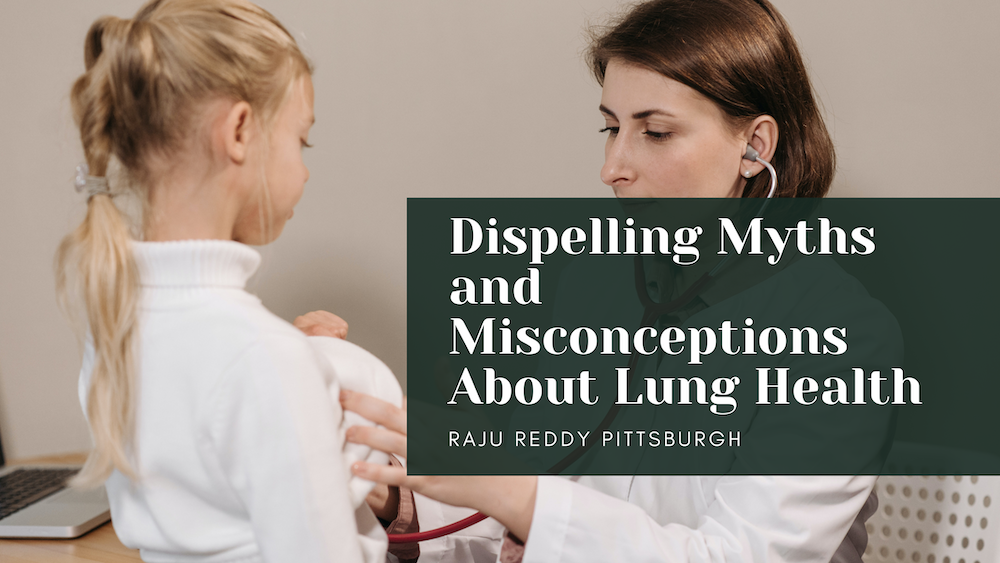Lung health is critical to overall well-being, yet it is often shrouded in myths and misconceptions. These misconceptions can lead to misunderstandings about adequately caring for our lungs and preventing respiratory issues. In this blog, we aim to dispel common myths surrounding lung health, providing accurate information to help you make informed decisions about your respiratory well-being.
Myth 1: Only smokers need to worry about lung health.
Fact: While it is true that smoking poses a significant risk to lung health, it is not the sole factor. Non-smokers can also develop lung conditions due to exposure to environmental pollutants, occupational hazards, genetic factors, and respiratory infections. It is vital for everyone, regardless of smoking history, to prioritize lung health through proactive measures.
Myth 2: Lung health cannot be improved once it is compromised.
Fact: Although certain lung conditions may have irreversible effects, there are numerous steps you can take to improve lung health and slow the progression of respiratory diseases. Adopting a healthy lifestyle, quitting smoking, exercising regularly, and seeking appropriate medical care can optimize lung function and enhance your quality of life.
Myth 3: Lung cancer is a death sentence.
Fact: While lung cancer is a severe condition, advances in medical science have significantly improved treatment options and survival rates. Early detection through screening programs and prompt medical intervention can substantially increase the chances of successful treatment. Raising awareness about the importance of regular health check-ups and screenings for early detection of lung cancer is crucial.
Myth 4: Living in a smoke-free environment guarantees healthy lungs.
Fact: While avoiding exposure to secondhand smoke is undoubtedly beneficial, it does not ensure perfect lung health. Environmental factors can also impact lung function. It is essential to be mindful of indoor and outdoor air quality, utilize air purifiers, and take appropriate measures to reduce exposure to harmful substances.
Myth 5: Lung health only affects older adults.
Fact: Lung health is relevant to all age groups, from infants to older adults. Respiratory conditions can affect people of all ages. Additionally, early-life exposure to pollutants and smoking can have long-term consequences on lung health. Prioritizing lung health throughout your life to maintain optimal respiratory function is crucial.
By dispelling myths and misconceptions about lung health, we can promote accurate information and empower individuals to make informed choices for their respiratory well-being. Remember that lung health is not limited to smokers; everyone can take proactive steps to optimize their lung function. By adopting a healthy lifestyle, staying informed about potential risks, and seeking appropriate medical care, you can prioritize your lung health and enjoy a life of improved respiratory well-being.

